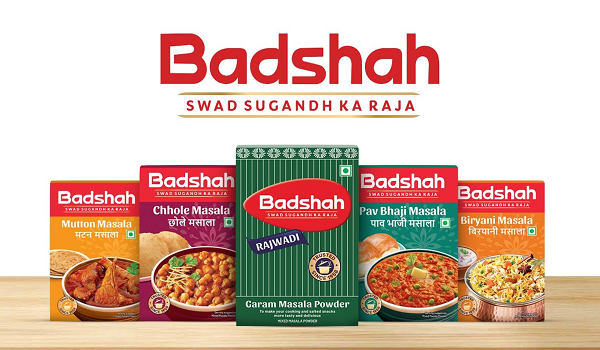
Contamination controversy hurts exports of Dabur’s Badshah Masala
NEW DELHI : Dabur India, which sells hair care products and beverages, said on Thursday that the recent controversy surrounding contaminated spice samples from India has hurt the exports of its Badshah Masala brand during the June quarter. The increased scrutiny faced by Indian spice companies in international markets has contributed to this challenge.
In 2022, the company acquired a 51% stake in Badshah Masala Pvt. Ltd. On Thursday, the company declared its June quarter results. Badshah reported a 15% rise in sales value year-on-year (y-o-y). However, the company faced issues for the brand in the overseas markets.
“As far as the international bit is concerned, we also faced pushback from international regulators, especially in the UK. There’s been very tight screening and scrutiny of all the dispatches that are happening from India to international (markets), driven by the controversy that has happened. So, while our products abroad did not get picked up, because of a very high scrutiny there is a long queue and back up of the supplies, leading to delays in the supply chains,” Mohit Malhotra, Chief Executive Officer, Dabur India, said during the company’s post-earnings call on Thursday.
Malhotra expects growth for the spice brand to pick up in overseas markets. “Our international business declined for Badshah on account of supply chain constraints in international business which I think will correct in the next quarter,” he said. Badshah is sold in large overseas markets like the UK and the US.
For the three months ended 30 June, the company reported a 8% growth in consolidated net profit at ₹500 crore. Domestic FMCG business posted a volume growth of 5.2% for the quarter. Revenue was up 7% y-o-y to ₹3,349 crore in the June quarter.
Dabur grows despite controversy
Dabur India’s statement follows recent controversies surrounding several Indian spice manufacturers that have faced challenges in overseas markets due to excessive levels of ethylene oxide found in their products. Hong Kong banned multiple MDH and Everest spice products in April, and Singapore also returned certain Everest spice variants.
In response, India’s food regulator has intensified its scrutiny of spice manufacturers. State food commissioners were deployed to collect samples from major spice brands’ manufacturing facilities across the country to check for quality. The controversy continues to have a cascading effect on spice makers.
In India, however, the brand continues to register growth, Malhotra said.
“The volume growth is 16% in the June quarter and the value growth is 15%—in a couple of SKUs we have actually taken a price dip because of softening of some commodity prices; our gross margins have improved by 500 basis points. Overall, I think the business is doing reasonably well and we are very confident,” he said.

